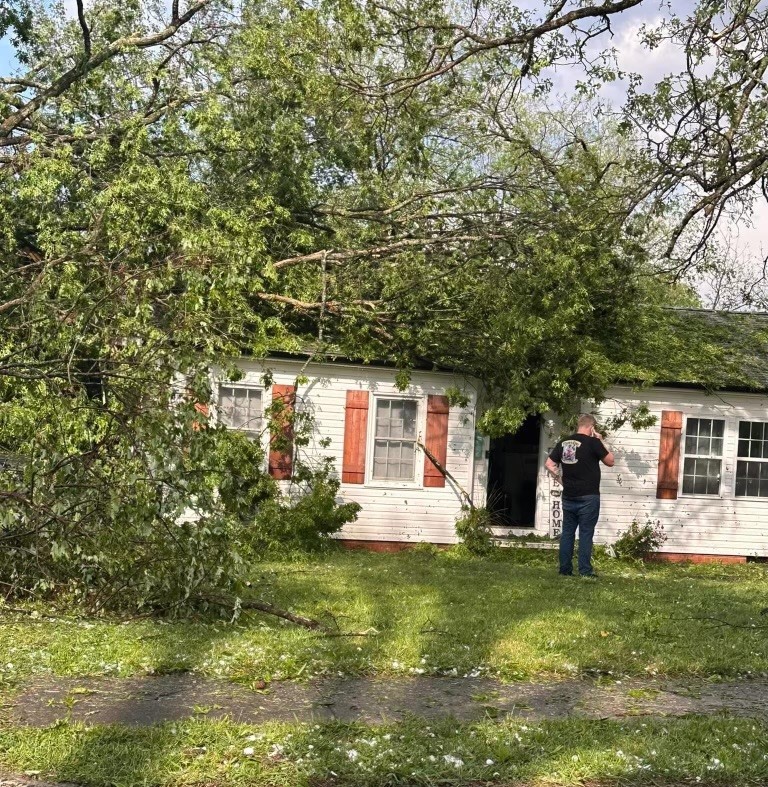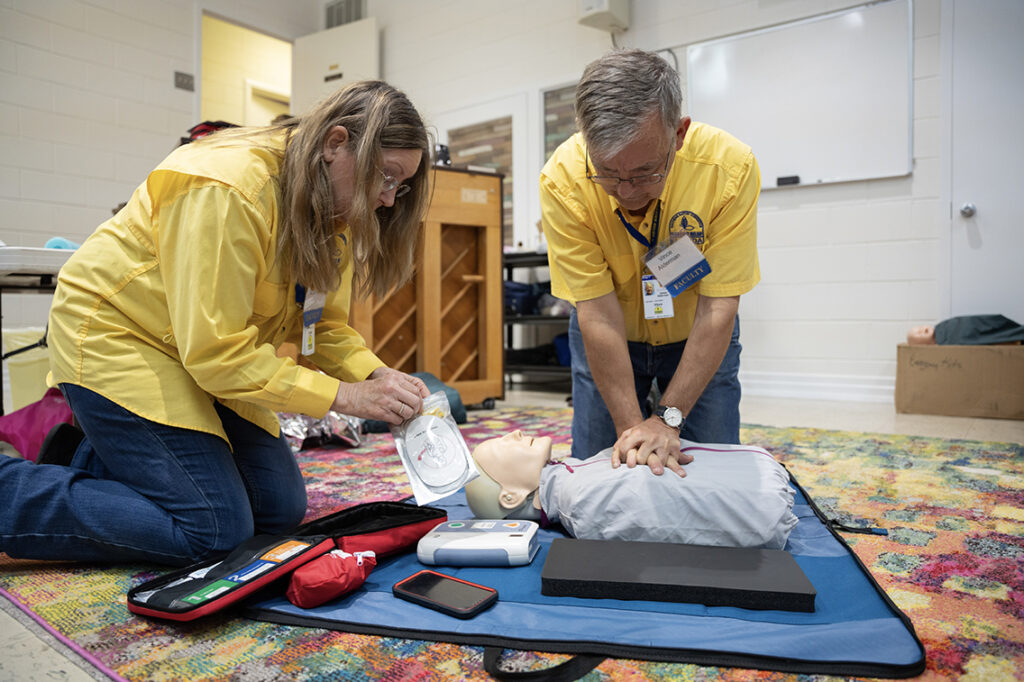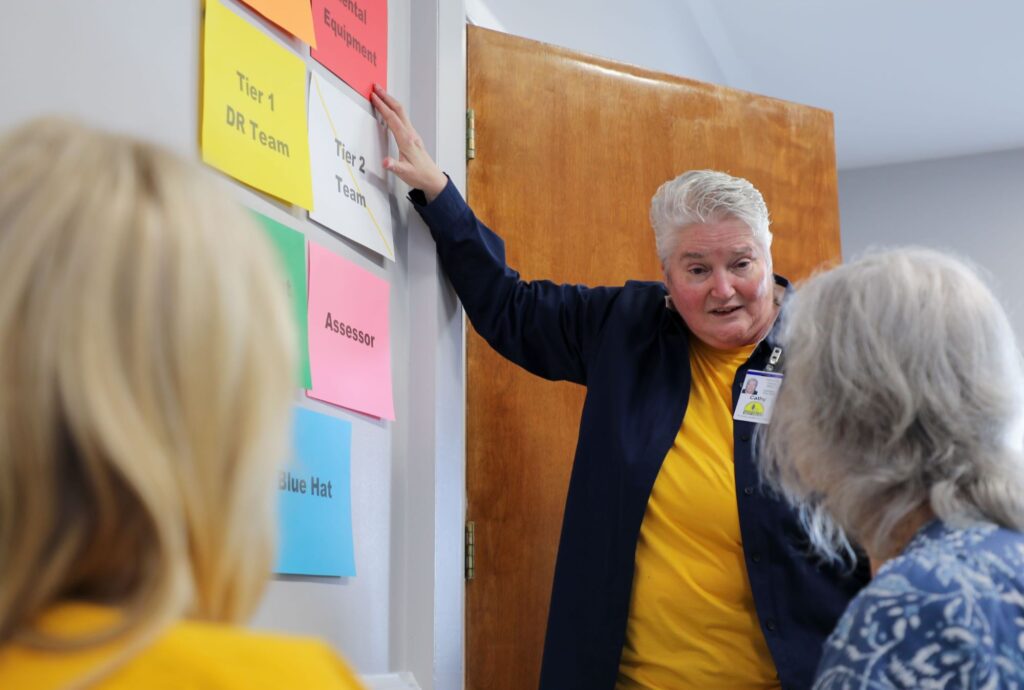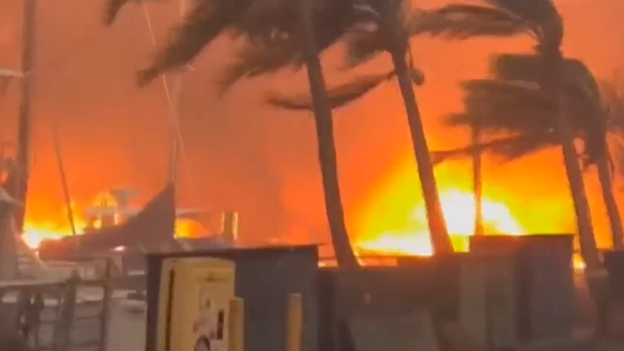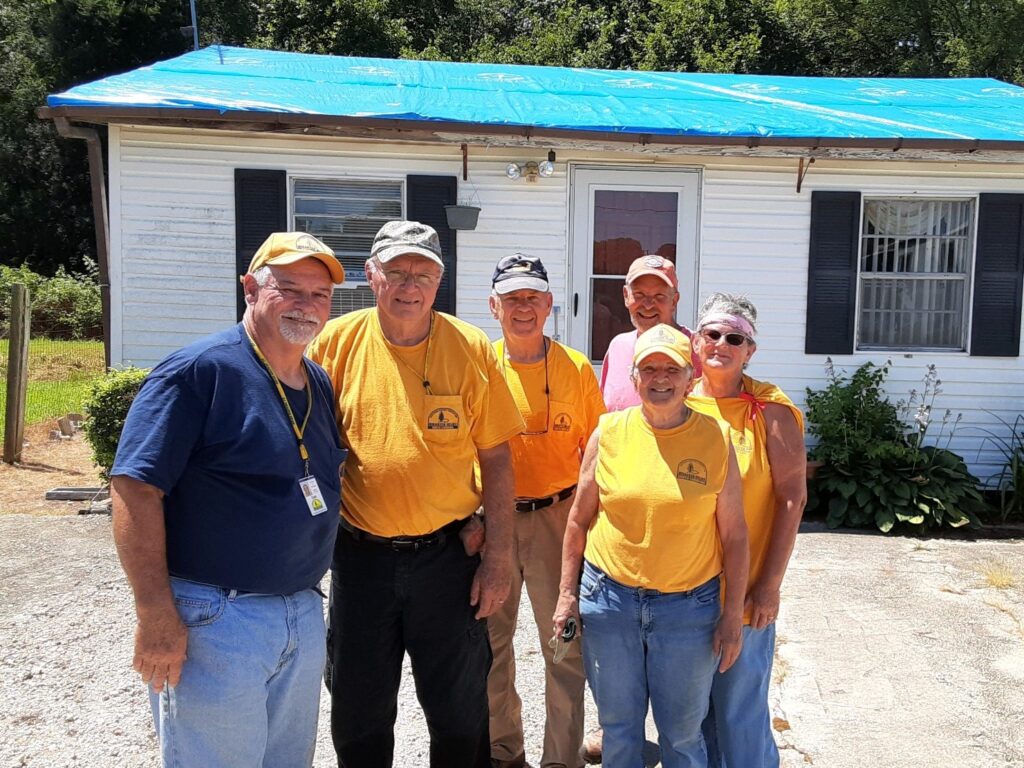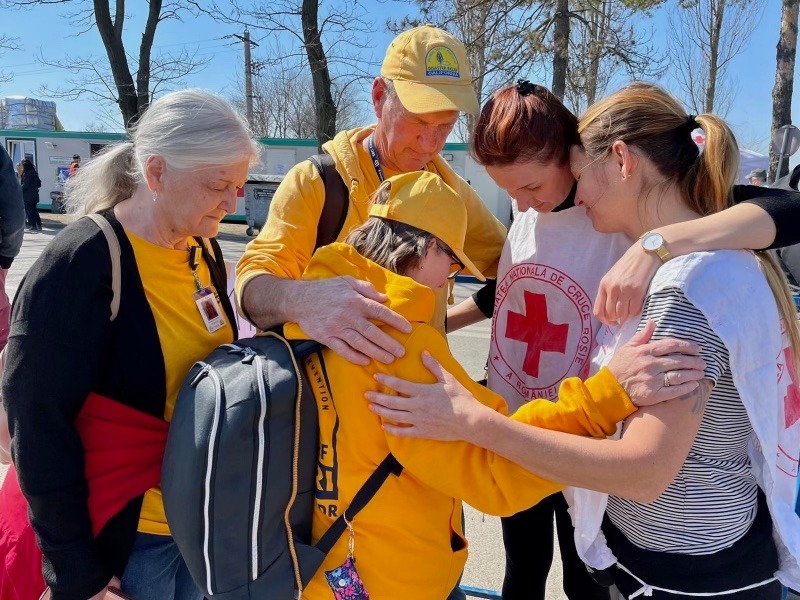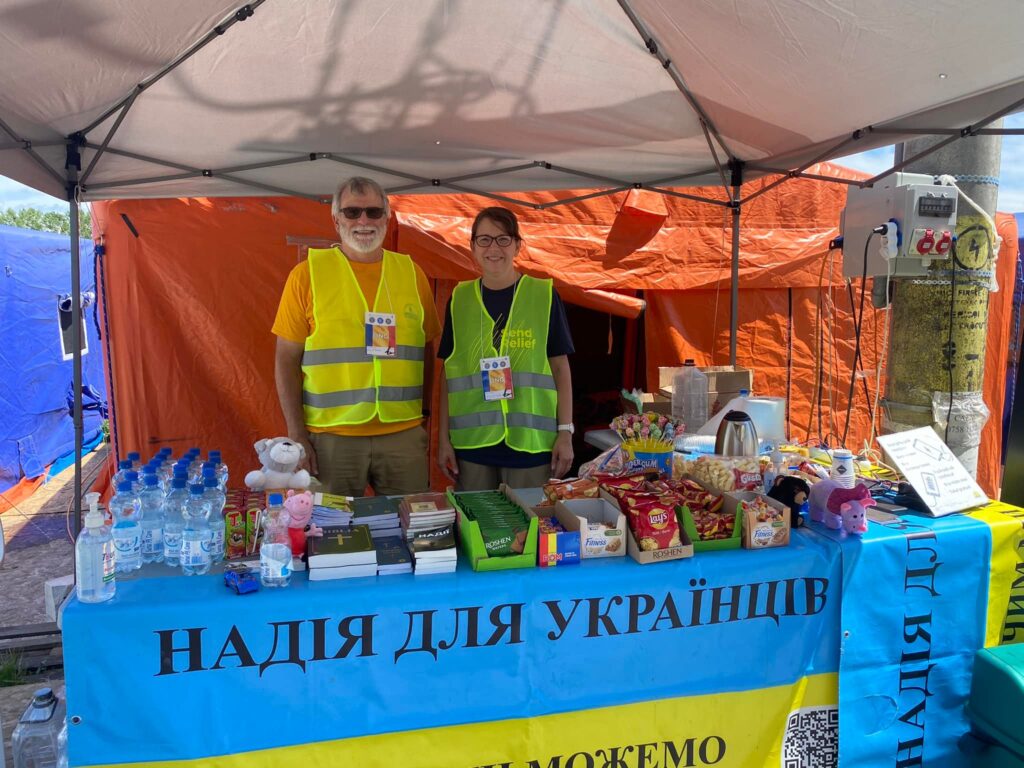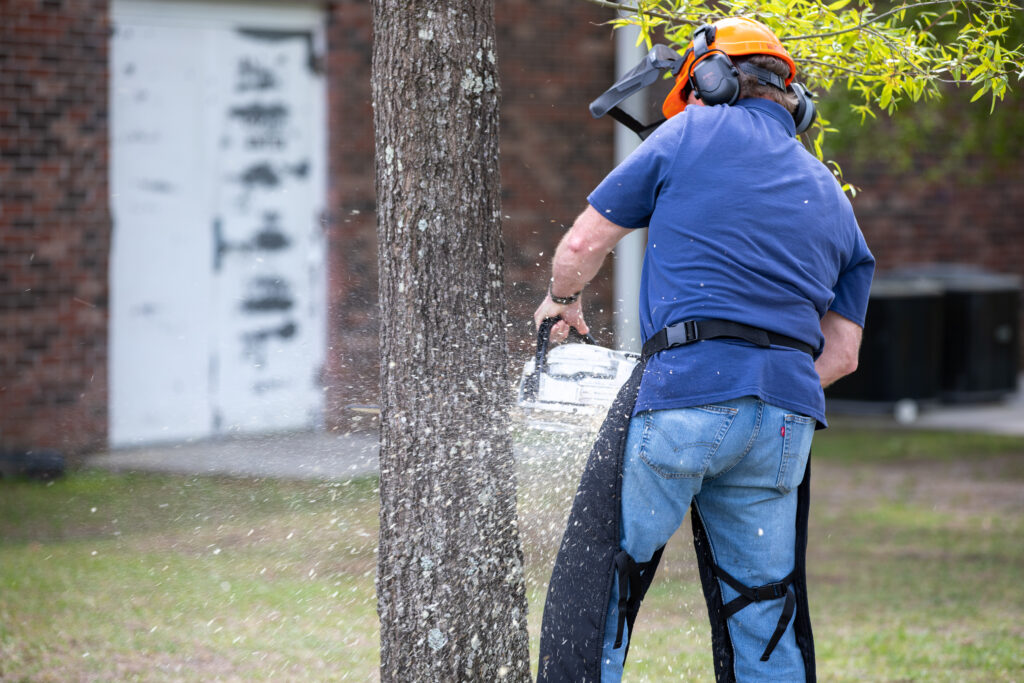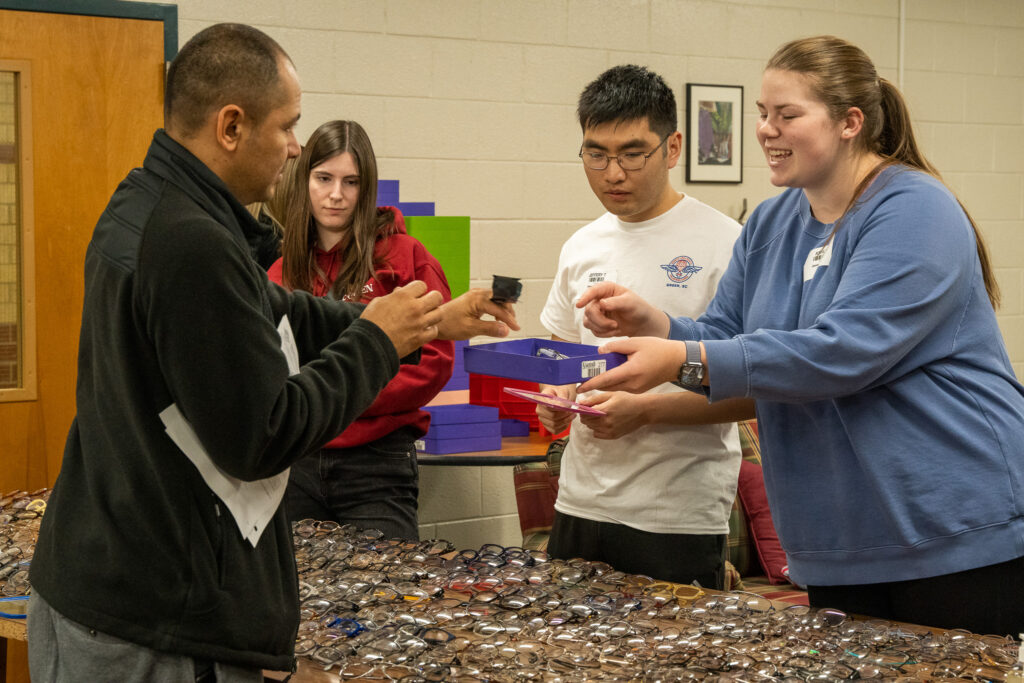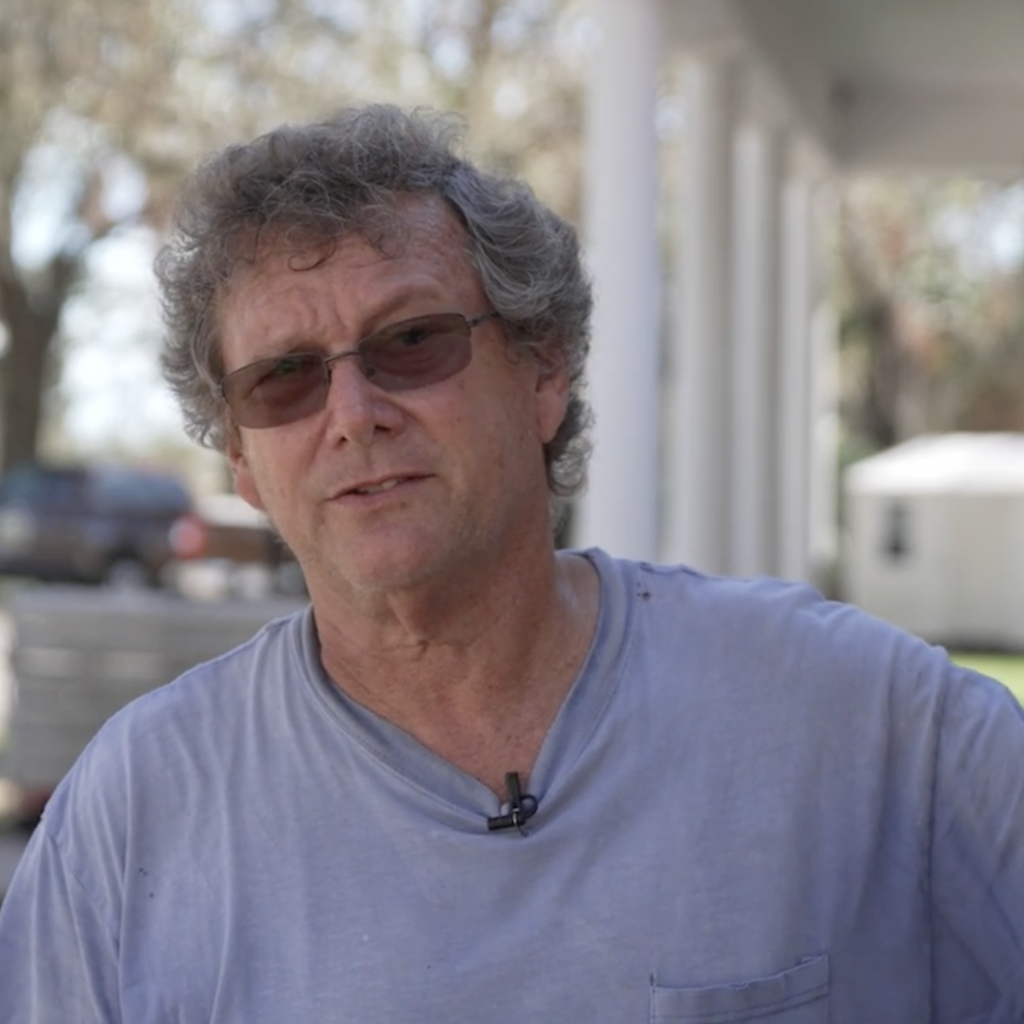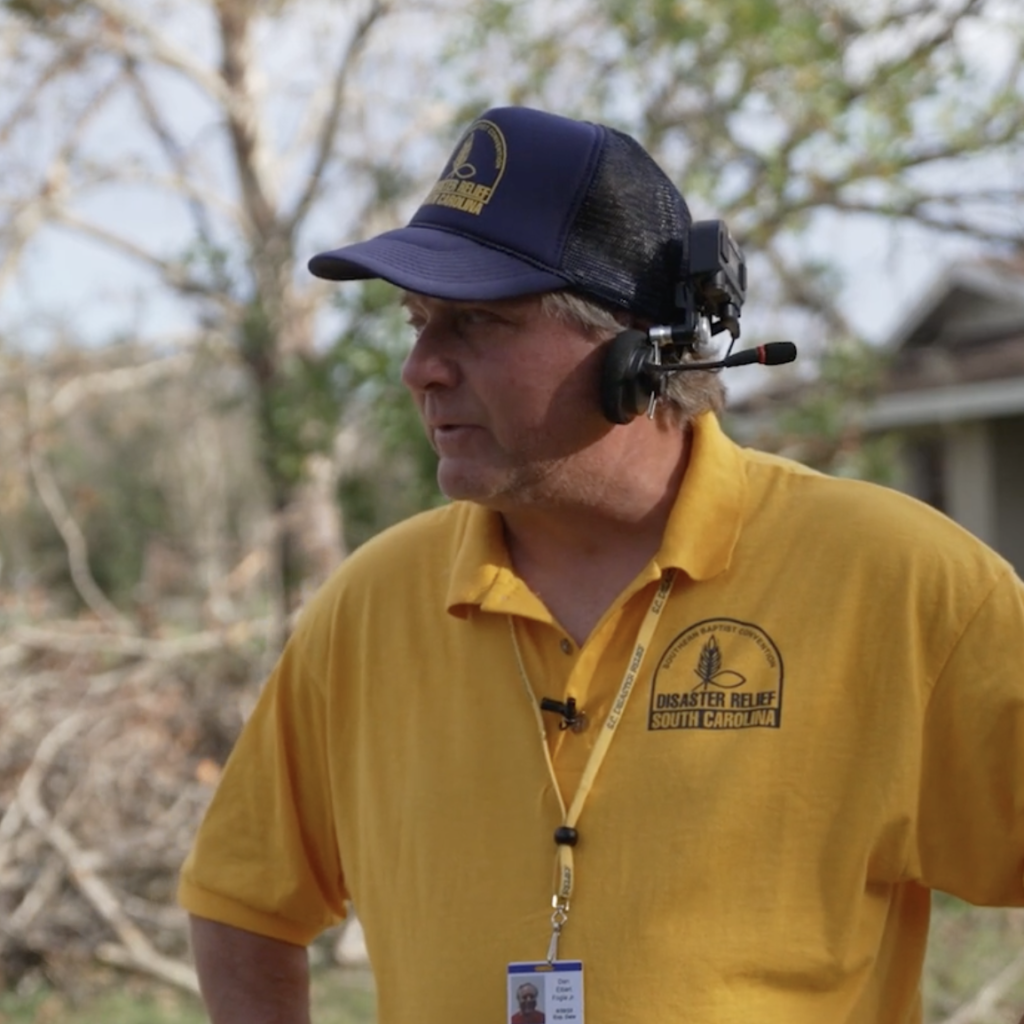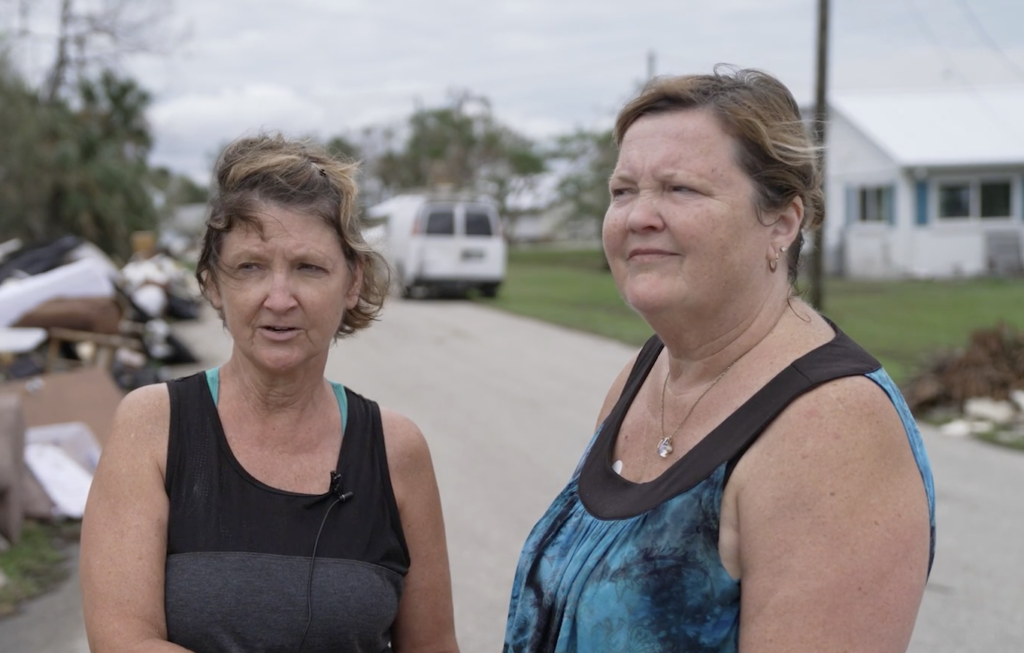Disaster Relief Updates
Disaster Relief Events
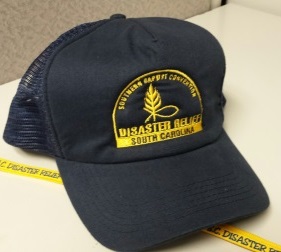
April 12 - 13
Ebenezer Baptist Church-Florence, SC, Florence
Disaster Relief Unit Leader Training 2024
Disaster Relief Information and Resources
Deployment Resources
Information for volunteers preparing for a Disaster Relief deployment.
Unit Leaders
Information for South Carolina Disaster Relief Unit Leaders.
Training Manuals
Disaster Relief manuals for those who have attended training classes.
When storms come, disaster relief teams quickly follow— clearing debris, feeding the hungry, and much more.
Disaster Relief Units in South Carolina
Chaplains help crisis survivors take their first steps to spiritual and emotional recovery. Every unit is encouraged to have a chaplain, both to care for those we meet and those who serve. Steps in becoming a DR Chaplain
Contact the Disaster Relief Team
Our office strives to disciple volunteers and leaders in service and evangelism so they are prepared to serve after a disaster. Contact us with any questions and to see how you can help.
"*" indicates required fields
